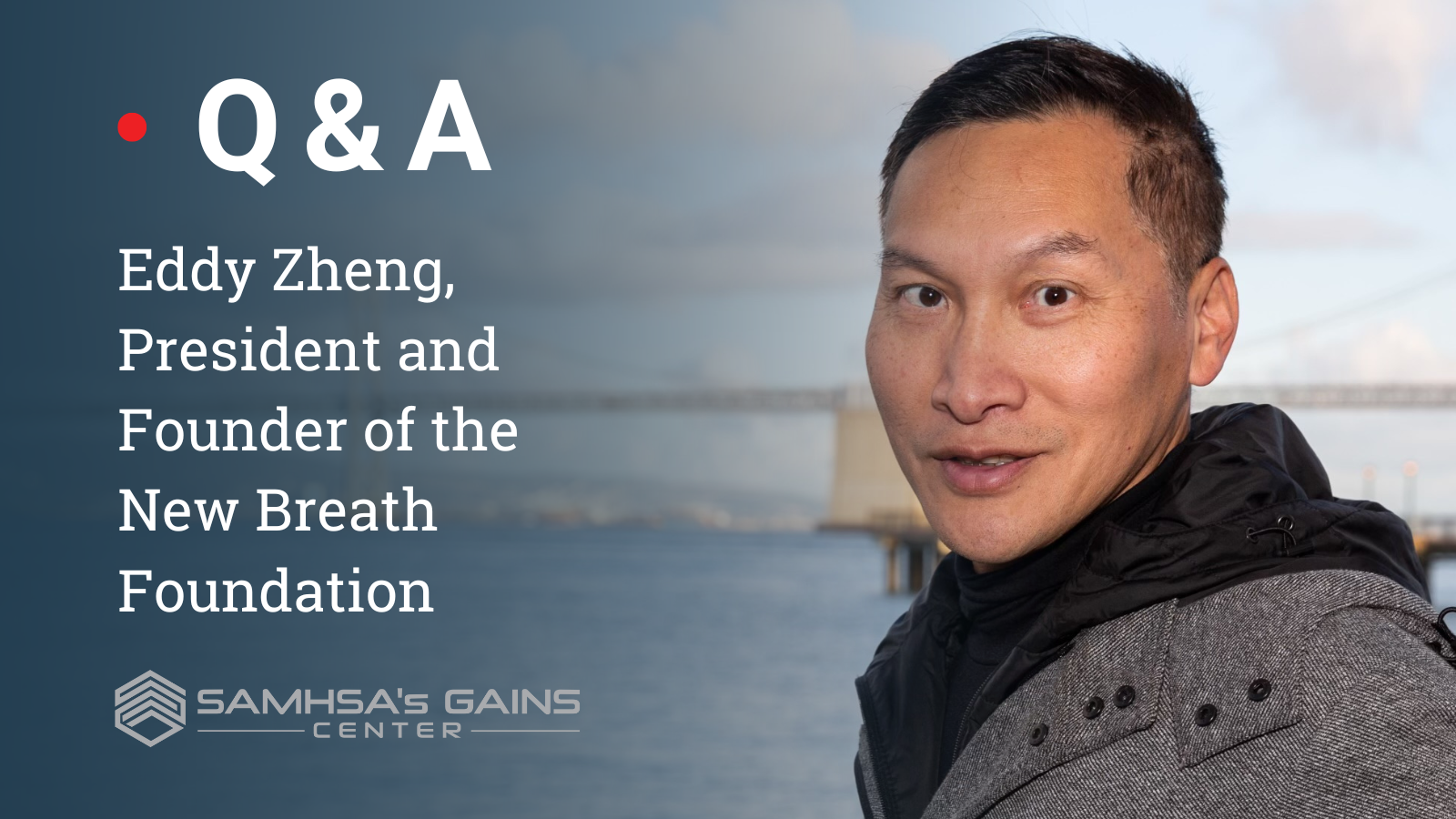You are the President and Founder of the New Breath Foundation, which focuses on supporting Asian American, Native Hawaiian, and Pacific Islander (AANHPI) immigrants and refugees, people impacted by incarceration and deportation, and survivors of violence. Through your own journey of incarceration and integration back into the community, what most motivates you to do this work?
I was isolated for 21 years of my life—discarded because of a crime I committed at 16. Once you enter the criminal legal system, there is very little support, especially for AANHPI people. Our experience is invisible to the majority, though our communities suffer from the trauma perpetuated by mass incarceration, deportation, and violence.
I want to disrupt the school-to-prison-to-deportation pipeline. The motivation for me to do this type of work is using my love of humanity to prevent other young people or adults in the AANHPI community from having to go through this process. I can help to support and empower people who are impacted by the system of mass incarceration.
You are skilled in cross-cultural healing, and the New Breath Foundation’s Hope and Healing fund supports healing for formerly incarcerated individuals and family members. What wellness or recovery-oriented outcomes do you think we should consider in measuring a person’s success after incarceration?
At a minimum, a person’s success is their ability to sustain themselves and be in a community environment. We look for the ability of a person to have housing, employment, and a willingness to continue their education.
The reentry process should start at the point of engagement with the criminal legal system. People need reentry support as early as possible, especially when they are the most vulnerable and when they feel the most isolated.
Part of measuring success is whether people feel humanized. That is the point of recovery and healing. Another measure of success relates to an individual being able and willing to get into a space where they find the motivation to do better.
You spent 11 months in solitary confinement in prison. How did that experience impact your mental health, and what has helped you heal from that experience?
One of the things that we talk about at New Breath Foundation is the single-mindedness of purpose. In solitary, the only human contact I had was when I stuck my hands out of a little slot when the guards put their handcuffs on me to go to the shower or a legal visit. Freedom became my purpose.
I started to engage in positive self-talk. While in solitary, I thought about people on the streets who had nothing. I looked around my cell and said, “I have all these books to read. I receive letters from people. I have extra food in my cell.” When that’s how I set my frame of reference, I had nothing to complain about.
Even though I was physically locked up, and didn’t know what my future held, having power over my mindset meant I was mentally free. Part of what helped me to heal was the relationships I had, the contact with people in the community so that I was not alone. This is how I survived—I embraced, internalized, then let go. I had to go with the flow to survive.
You are a big advocate of restorative justice practices. How can these practices be used to hold people accountable for the harm they have caused while also helping people who have experienced harm to heal?
Restorative justice requires consent from two parties, and it focuses on two things. One is the restoration of the individual who was harmed. The individual who has been harmed has to be willing to engage in culturally competent therapeutic services to support their healing.
For the individual who has inflicted harm, there is a focus on personal accountability. But we don’t often address the system that perpetuated the harm. I think of the phrase “hurt people hurt people;” what I’m trying to encourage is that we find a way for the person who inflicted harm to identify the cause of the harm, and to forgive themselves so they can move towards a path of healing.
For all parties, when we understand the “why,” we can figure out how to prevent further harm.
Family has always been an important source of support for you during incarceration and reintegration back into the community. What are some things you enjoy doing with your family the most when spending time together?
I have a daughter, and I enjoy just watching the shows that she enjoys. When I’m with my parents, I’m happy they are still alive. When I was locked up, one of my first fears was that I would not make it out to see my parents alive. On weekends, I have dinners with them, and after dinner we play mahjong, and then we talk. I give them a hard time, and then I give them a hug.
We are never separated from the self, the family, and the community, so that’s why our actions have consequences. We must remember to humanize each other, regardless of what we don’t agree on. If we humanize each other, we will be in a better place together.


